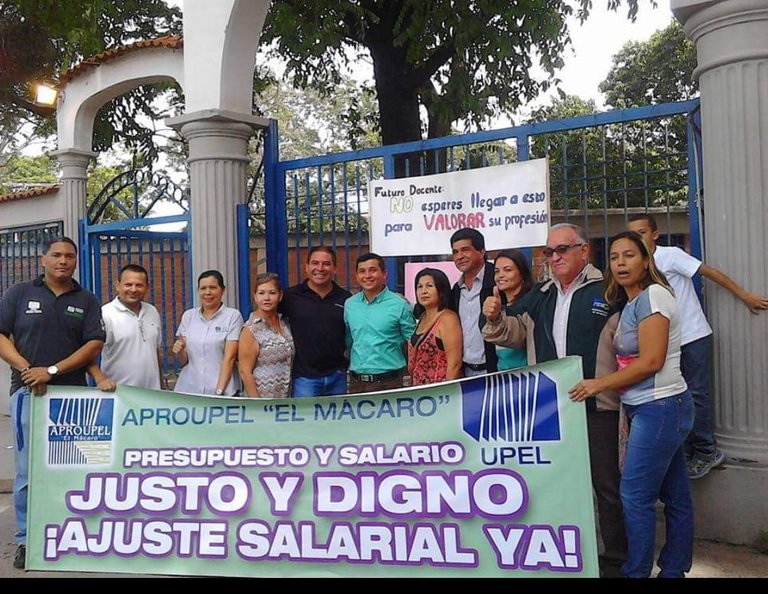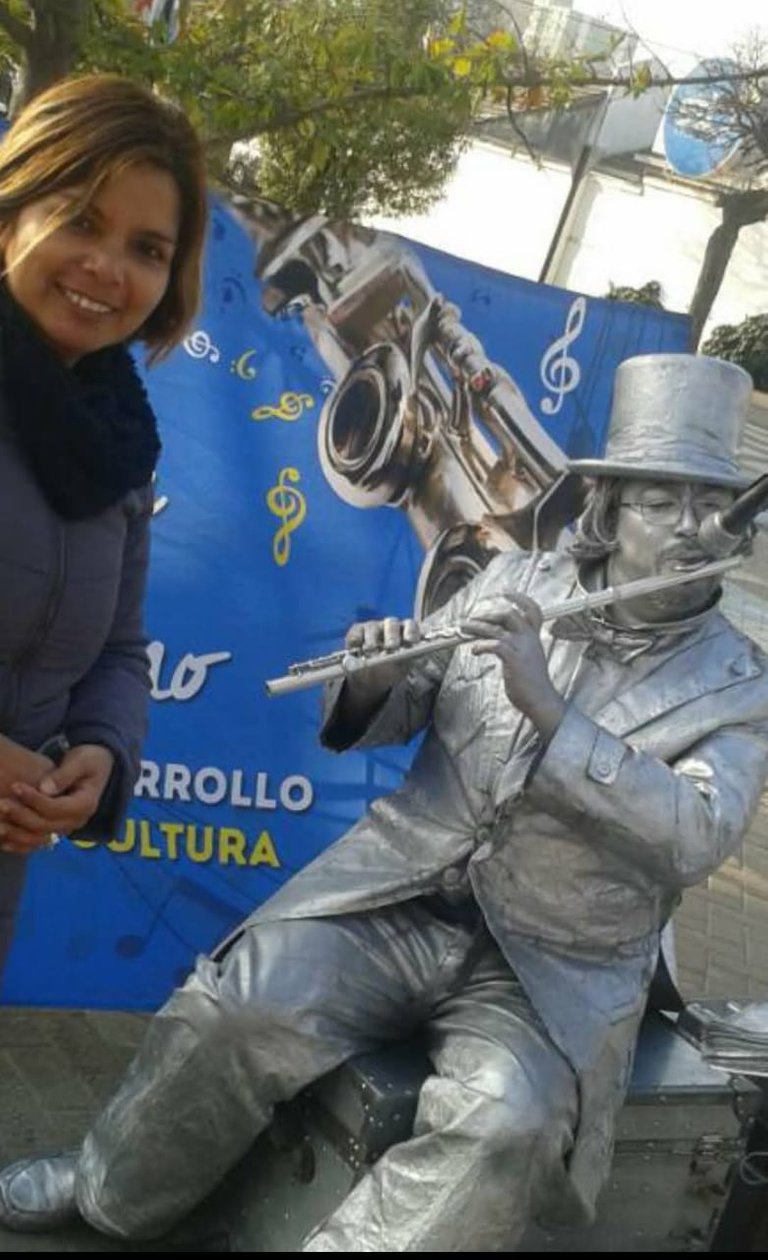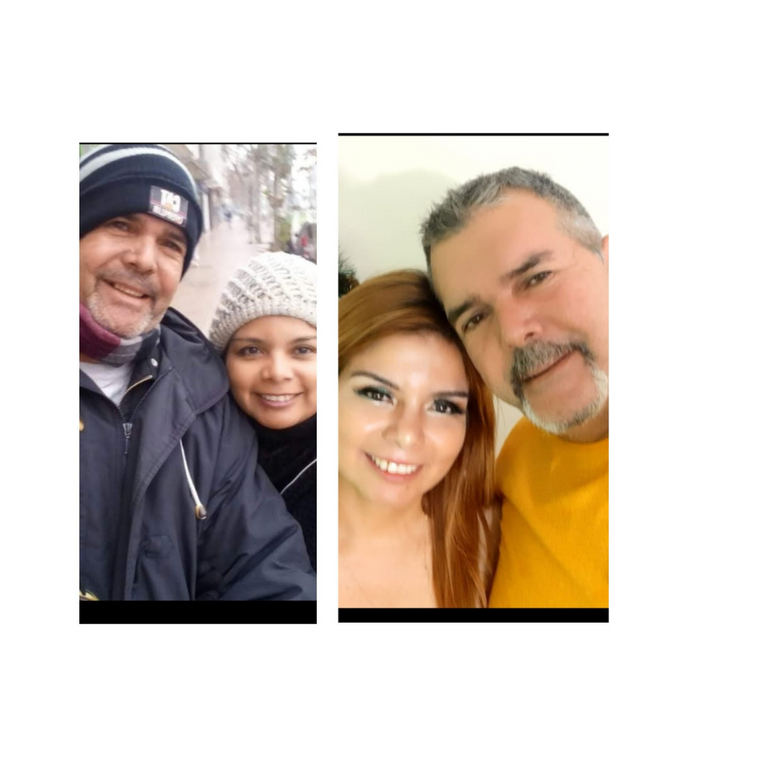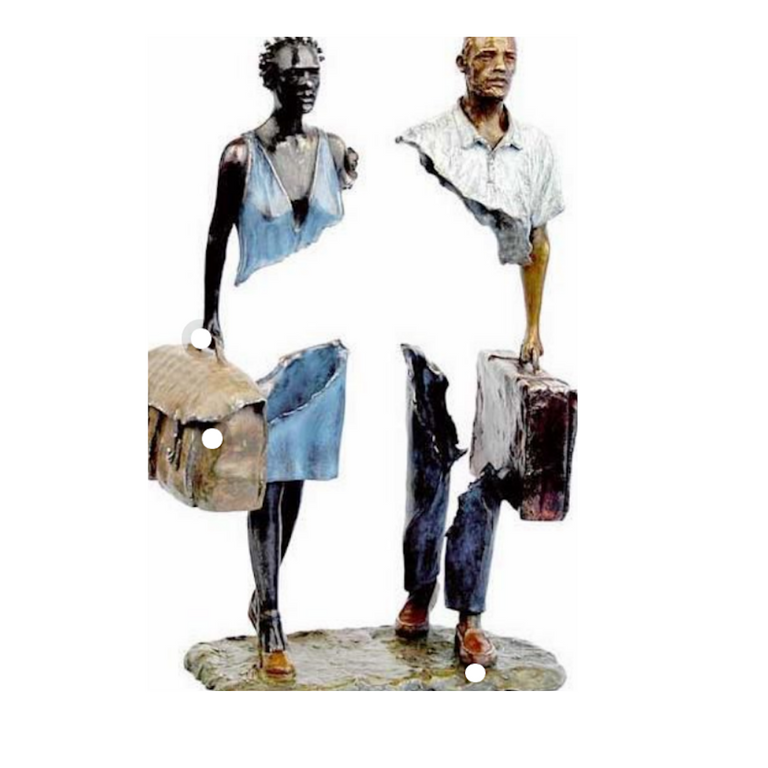
Fuente
¡Hola Hivers¡
Cualquier venezolano puede hacer una lista de los extranjeros que conoce o conoció en Venezuela, cosa común conocer a un chino, español, portugués, chileno, colombianos, etc. los cuales aportaron sus ganas de trabajar, la comida y se acostumbraron al sentido del humor, tan particular del venezolano.
En mi caso, desde pequeña, con una madre sensible y llena de historias, me contaba que en tiempos coloniales los ¨negros¨, que así se les llamaba sin que fuera una ofensa, fueron llevados como esclavos desde África acto que se repitió en toda Latinoamérica, me contaba que ellos se situaban en las costas del país, cerca de las playas, siempre con la esperanza de retomar a su patria y que por eso tenían los ojos tristes por generación.
Recuerdo a Don Miguel, amigo italiano de papá, el cual se casó con una colombiana que lo dejó, con tres hijos difíciles, por cierto, pero él fue un estupendo papá soltero, luego de unas tres copitas de licor, lloraba amargamente porque extrañaba a su patria y a su familia nuclear que nunca más pudo ver… yo era una niña que no entendía mucho su dolor.
Ya de grande, me gradué, estudié y llegué a ser profesora universitaria, tuve el honor de dar clases en la Universidad pedagógica UPEL, Asistimos a marchas, protesté, pero ya agotada de no obtener un cambio y tener un sueldo equivalente a tres (3) dólares, decidí dejarlo todo y junto a mi esposo, salir en búsqueda de mejores oportunidades.

La despedida fue dura, primero la familia de mi esposo, que es la mía también, todos llorando en la puerta para decir adiós, luego la mía, todos lloraban incluyendo a mi esposo, todos, menos yo. En el camino, muchos compañeros de viaje lloraban a ratos.
A una semana de llegar a Chile, mi esposo me preguntaba, y cuándo vas a llorar, no sentía ganas, tenía una mezcla de emociones. En la calle, nos conseguimos a un artista callejero, de esos que fingen ser estatuas y cobran vida con una moneda. Con una flauta ejecutaba su arte. Me preguntó que de donde era, le dije, soy venezolana y acabo de llegar.
Sin que pagara por otra melodía, él simplemente comenzó a tocar esa canción, una muy especial, escrita por un español (José Luis Armenteros coautor del tema), del que se dice, que nunca conoció a Venezuela y escribió esa canción porque conoció ( en España ) a un inmigrante que le contaba cómo era su patria: Llevo tu luz y tu aroma en mi piel, y el cuatro en mi corazón…
Allí comencé a llorar, por primera vez, por estar lejos de Venezuela, allí se me salió el Orinoco y el Salto Ángel juntos, por mis ojos, no podía creer que escuchando esa canción me pasara eso¡

Luego de casi cuatro años aquí en Chile, tengo mucho agradecimiento, cosas han pasado, hemos cambiado mucho, hemos sufrido y reído, hemos tenido crisis y también nos hemos unido más, mi esposo perdió a su mamá y tocó ver su sepelio por whatsapp, es una experiencia que te hace crecer un montón.
 "
"
Me adapto, agradezco, añoro, utilizo las palabras que ellos usan para nombrar , espero no perder mi acento, no sé si a todos le ocurre esto, pero es una manera de mantener un poco mi venezolanidad, no trato de imponer mi idiosincracia y soy respetuosa con el país que me abrió sus brazos.
Afuera te das cuenta de que solo en Venezuela se dice nevera (por una marca que llegó allá), en el resto de latioamérica se dice refrigerador. Solo en Venezuela se dice: Cotufa, por que cuando se importaba el grano desde Estados Unidos el saco en donde venía el maíz decía: Corn for frying (maíz para freír), y algún ingenioso lo pronunció todo junto como: cotufrai, lo que derivo en cotufa¡, aquí le dicen: cabritas.
También, conocí a una joven merideña de 22 años, la cual deambulaba por la calle, dicen que se puso a experimentar con drogas, con diferentes preferencias sexuales, tatuajes, etc. que su psique no soportó tanto cambio y simplemente se volvió loca… por ello creo que no todos pueden emigrar. Hacerlo tiene sus pro y sus contra.
siempre me preguntan, qué tiene de especial Venezuela, que ustedes la describen como espectacular, y uno siempre responde: sus paisajes, el calor de su gente. Yo creo que como dice Valentina Quintero: que fue que el país se nos fue desdibujando, y no queremos eso. Puedes irte a la China, pero dentro, siempre tendrás en tu corazón a tu madre patria: Te amo Venezuela.
Hoy por hoy entiendo a tantos extranjeros que viven en mi país, que aún y cuando se adapten, formen familia y nuevos amigos, veas la vida con optimismo, aunque te presentes ante los demás como alguien completo, tendrás siempre el corazón dividido. Mi pregunta inicial: Y tú estas dispuest@ a emigrar?.

Fuente
✈️✈️✈️✈️✈️✈️✈️✈️✈️✈️✈️✈️✈️✈️✈️✈️✈️✈️✈️✈️✈️✈️✈️✈️✈️✈️✈️
INGLES
EMIGRATE, ARE YOU WILLING?
Hello Hivers!
Any Venezuelan can make a list of foreigners he knows or met in Venezuela, it is common to meet a Chinese, Spanish, Portuguese, Chilean, Colombian, etc. who brought their willingness to work, food and got used to the sense of humor, so particular of the Venezuelan.
In my case, since I was a child, with a sensitive mother full of stories, she told me that in colonial times the ¨negros¨, as they were called without being offended, were taken as slaves from Africa, an act that was repeated throughout Latin America, she told me that they were located on the coasts of the country, near the beaches, always with the hope of returning to their homeland and that is why they had sad eyes for generation.
I remember Don Miguel, dad's Italian friend, who married a Colombian woman who left him, with three difficult children, by the way, but he was a great single dad, after three glasses of liquor, he would cry bitterly because he missed his homeland and his nuclear family that he could never see again... I was a little girl who did not understand his pain.
When I grew up, I graduated, studied and became a university professor, I had the honor of teaching at the UPEL Pedagogical University, we attended marches, I protested, but exhausted of not getting a change and having a salary equivalent to three (3) dollars, I decided to leave everything and with my husband, leave in search of better opportunities.
Photo
The farewell was hard, first my husband's family, which is also mine, all crying at the door to say goodbye, then mine, everyone was crying including my husband, everyone but me. On the way, many fellow travelers cried at times.
A week after arriving in Chile, my husband asked me, and when are you going to cry, I did not feel like it, I had a mixture of emotions. In the street, we met a street artist, one of those who pretend to be statues and come to life with a coin. With a flute he performed his art. He asked me where I was from, I told him, I am Venezuelan and I just arrived.
Without me paying for another melody, he simply began to play that song, a very special one, written by a Spaniard (José Luis Armenteros co-author of the song), who it is said, never knew Venezuela and wrote that song because he met ( in Spain ) an immigrant who told him how his homeland was: I carry your light and your scent on my skin, and the cuatro in my heart....
There I started to cry, for the first time, for being far away from Venezuela, there the Orinoco and the Angel Falls came out of my eyes together, I could not believe that listening to that song that happened to me! Here I share the video with you:
Video:
After almost four years here in Chile, I am very grateful, things have happened, we have changed a lot, we have suffered and laughed, we have had crises and we have also become closer, my husband lost his mother and had to see her funeral by whatsapp, it is an experience that makes you grow a lot.
I adapt, I am grateful, I miss, I use the words they use to name, I hope I do not lose my accent, I do not know if this happens to everyone, but it is a way to keep a little my Venezuelanness, I do not try to impose my idiosyncrasy and I am respectful with the country that opened its arms to me.
Outside you realize that only in Venezuela they say refrigerator (for a brand that arrived there), in the rest of latioamerica they say refrigerator. Only in Venezuela they say: Cotufa, because when the grain was imported from the United States the bag in which the corn came in said: Corn for frying, and some ingenious person pronounced it all together as: cotufrai, which became cotufa¡, here they say: cabritas.
Also, I met a young girl from Merida, 22 years old, who wandered the streets, they say that she started experimenting with drugs, different sexual preferences, tattoos, etc. her psyche could not stand so much change and she simply went crazy... that is why I believe that not everyone can emigrate. Doing so has its pros and cons.
I am always asked what is so special about Venezuela, which you describe as spectacular, and one always answers: its landscapes, the warmth of its people. I think, as Valentina Quintero says, that the country became blurred, and we don't want that. You can go to China, but inside, you will always have in your heart your motherland: I love you Venezuela.
Today I understand so many foreigners who live in my country, that even if you adapt, form a family and new friends, see life with optimism, even if you present yourself to others as someone complete, you will always have a divided heart. My initial question: Are you willing to emigrate?
imágenes personales fueron tomadas del teléfono personal Motorola G9 Plus
Translated with www.DeepL.com/Translator (free version)
Puedes contactarme por:
 Instagram: granserholistic
Instagram: granserholistic
Que bonito me hizo aguar los ojos, recorde cuando yo emigre a Perú me estuve 2 años por allá tuve que regresar porque mi papa murio cuando iba a volver a salir del pais nuevamente comenzó la pandemia y las cuarentenas
Congratulations @beatrizech! You have completed the following achievement on the Hive blockchain and have been rewarded with new badge(s) :
Your next target is to reach 50 replies.
You can view your badges on your board and compare yourself to others in the Ranking
If you no longer want to receive notifications, reply to this comment with the word
STOPCheck out the last post from @hivebuzz:
Support the HiveBuzz project. Vote for our proposal!